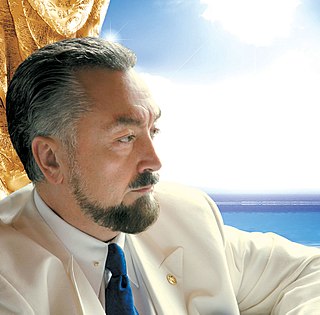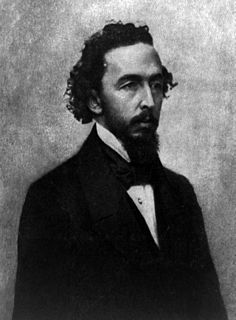A Quote by Honore de Balzac
There are two histories : official history, lying, and then secret history, where you find the real causes of events.
Related Quotes
The real invasion of South Vietnam which was directed largely against the rural society began directly in 1962 after many years of working through mercenaries and client groups. And that fact simply does not exist in official American history. There is no such event in American history as the attack on South Vietnam. That's gone. Of course, It is a part of real history. But it's not a part of official history.
The people who write official histories for the Army believe that a generation needs to pass before you can tackle the official history. It's useful to have some distance. Sources become available. Passions cool. It allows an opportunity to make some real assessments and judgments about personalities and characters.
I think I regard any history in quotes, because just like science, we're constantly revising science, we're constantly revising history. There's no question that various victors throughout history have flat out lied about certain events or written themselves into things, and then you come along and you find out that this disproves that.
I think that one of the ways that Americans will come to want to look at history is by looking at their own families' histories, and how those stories relate to the larger picture of American history. Then it is no longer abstract. Then it becomes a story that really means something to us as individuals.
History is my passion. So I write what I love to read. I find that if I combine history with a strong, sensual romance, it is like a one-two punch. The reader doesn't want the history without the romance, and of course the heavier the history, the more it has to be leavened with a sensual, all-consuming love story.
We know only a single science, the science of history. History can be contemplated from two sides, it can be divided into the history of nature and the history of mankind. However, the two sides are not to be divided off; as long as men exist the history of nature and the history of men are mutually conditioned.
As a historian I understand how histories are written. My enemies will write histories that dismiss me and prove I was unimportant. My friends will write histories that glorify me and prove I was more important than I was. And two generations or three from now, some serious sober historian will write a history that sort of implies I was whoever I was.
In a very literal way, of course, Shakespeare did change the course of history: when it didn't fit the plot he had in mind, he simply rewrote it. His English histories play fast and loose with chronology and fact to achieve the desired dramatic effect, re-ordering history even as it was then understood.







































